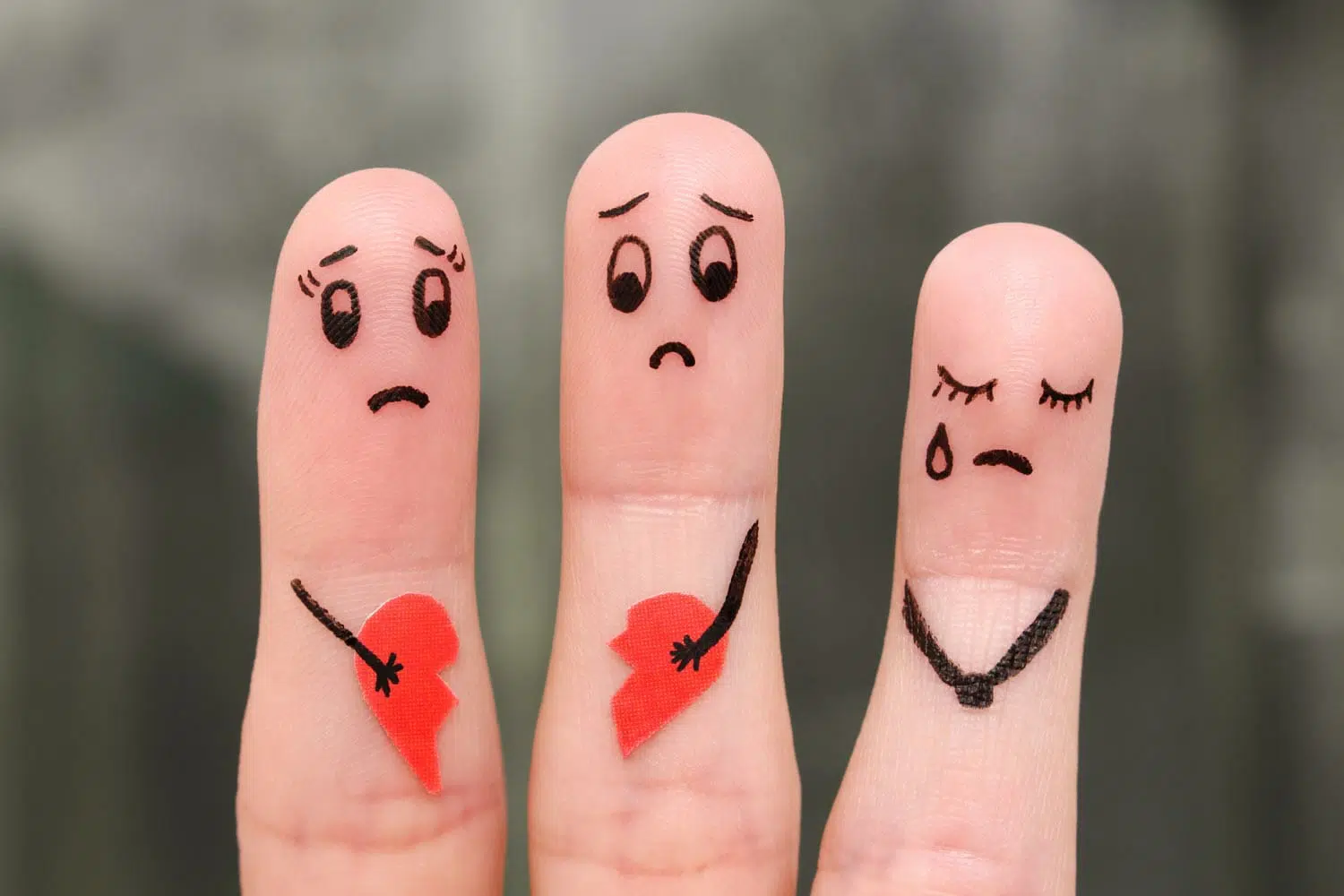Which of your relatives is lactose intolerant? Know anybody with a kid allergic to peanuts? Many diagnoses are casually tossed around in our information-rich society. Few people have celiac disease, but many people claim to need gluten-free foods. Some fastidious people joke they are OCD, but true obsessive-compulsive sufferers do not find the actual condition very funny at all. As internet-empowered researchers, everyday folks are quick to assign labels to basic behaviors without much evidence. Yet, some common situations really can create long-lasting problems. For example, what actual developmental delays arise in children dealing with divorce? Sure, kids get stressed when Mom and Dad break up, but does divorce cause genuine intellectual, medical or emotional damage?
Does Divorce Cause Intellectual Delays in Children?
We have good news for you if you harbor a concern that your divorce is somehow stunting your child’s mental abilities. Only if you actively neglect your own children — during your divorce or for unrelated reasons — are you likely to cause intellectual delays in them, according to the U.S. Department of Health & Human Services (HHS).
Divorce, though, can at least temporarily cause your children to suffer academically. Experts at The Spruce have compiled some disturbing data suggesting, for example, that “children of divorced parents are twice as likely to drop out of high school as their peers who are still living with parents who did not divorce.”
In some ways we make unreasonable demands of our kids. Children are expected to be attentive in school while struggling to understand their parents’ divorce. They lack the emotional and cognitive tools to set priorities and compartmentalize their small lives.
Your children may benefit from meeting with their school’s guidance counselor, participating in group sessions with other children of divorcing families, or seeing an outside therapist to help them cope with your divorce. You can support them by showing compassion when their grades drop or they seem preoccupied.
Does Divorce Cause Medical Problems in Children?
At least as far back as 1958 doctors suspected divorce and other early childhood stressors could affect children’s body systems. As reported in the Journal of the American College of Cardiology, a longitudinal study of more than 6,700 patients revealed that childhood stress increased risk of:
- Heart disease
- Stroke
- Diabetes
More alarming, one-time events in childhood that did not continue into adulthood, like parents’ divorcing during the child’s formative years, “heightened risk of cardiometabolic disease remains.”
The study suggests that careful monitoring of early emotional development can point toward improvements in lifelong cardiovascular health. This means you, the Dad, need to insulate your children as much as possible from the stresses associated with divorce. Statistically, doing so increases your chances of seeing your children develop into adults free of heart disease and other ailments.
Does Divorce Stunt a Child’s Emotional Growth?
Very young children, says Psychology Today, depend on bifurcating experiences as trustworthy or untrustworthy. Mom and Dad mediate experiences, supporting infants and toddlers emotionally so that, even in the face of untrustworthy events, the children’s trust in parents compensates. With divorce, that normal flow of a nurturing parent, capable of buffering the baby from untrustworthy experiences, is gone.
Divorce, says the magazine, “can make it difficult for children to effectively master their developmental challenges in emotional growth and development.”
What You Can Do to Help Your Child through Divorce
While very young children thrive on stability and predictability, divorce completely undermines that safety net, unless both parents strive to keep it intact. Parental responsibility is important at any age, but a divorcing parent should never use a very young child as shoulder to cry on. Be a parent first, and keep your child nurtured, loved, and emotionally supported as much as possible.
We recognize that does not sound easy. You need a broader support system when facing divorce, so turn to friends and extended family to not only be the listening counselor, but possibly the caregiver for your small children every now and then. Reassure your children that, no matter what, you will return to them, be with them, love them and care for them.
What happens if you cannot cope with divorce and parenting? Divorce is crippling enough on you; how can you be expected to find extra energy and mental focus for your developing child?
If you do not take into account your divorce’s effect on your children, say experts with the Children’s Rights Council, your “divorce abuse” could lead to insecure, self-doubting adult children who themselves have trouble in relationships. Your divorce obviously touches you and your ex-wife, but the ripple effects will affect your children throughout their lives, too.
Get Advice on Your Divorce
When you call The Firm For Men at 757-383-9184, or contact our offices online, you will be able to speak to an attorney experienced with divorce’s effect on children. We’re the only family law firm in Virginia representing men exclusively, but we can guide you and advise you on more than just family law! We can even put you in touch with other Virginia experts on child development. Contact our divorce lawyers for men today to schedule a consultation in Virginia Beach and find out how we can help.


